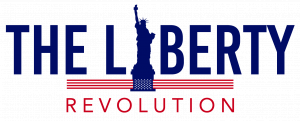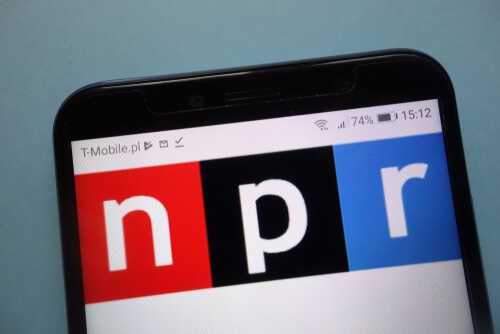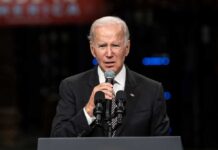Twitter has made a lot of headlines since Elon Musk bought the social media platform last spring, but this week, it took action that angered one major media outlet.
Recently, Twitter applied a label to the account for National Public Radio, better known as NPR, which says that it’s a “US state-affiliated media.” The media outlet’s account, @NPR, has had a yellow badge with a white checkmark on it that indicates it’s an “official organization.”
However, right below that badge now is the new label that’s been put on it.
As Twitter explained of the decision:
“State-affiliated media is defined as outlets where the state exercises control over editorial content through financial resources, direct or indirect political pressures, and/or control over production and distribution. Accounts belonging to state-affiliated media entities, their editors-in-chief, and/or their prominent staff may be labeled.
“State-financed media organizations with editorial independence, like the BBC in the UK for example, are not defined as state-affiliated media for the purposes of this policy.”
The label and the characterization of it that way is not something that NPR agreed with in the slightest. In a statement the organization released after the label was applied, NPR’s CEO John Lansing said they were “disturbed” by the fact that the label was given to them and that it “does not apply” to them.
The statement reads:
“NPR and our Member stations are supported by millions of listeners who depend on us for the independent, fact-based journalism we provide. NPR stands for freedom of speech & holding the powerful accountable. A vigorous, vibrant free press is essential to the health of democracy.”
That being said, there is a quite mysterious entry on the website for NPR that states “federal funding is essential to public radio’s service to the American public and its continuation is critical for both stations and program producers, including NPR.”
That would seem to suggest that NPR is indeed state-affiliated, though it probably could be argued that it’s more state-financed, like the BBC is.
Each year, NPR receives grants from the CPB, or Corporation for Public Broadcasting. The government is the entity that created the CPB, which is a non-profit that’s publicly funded.
In a tweet following NPR’s statement, Musk defended the decision of his platform to apply the label. He asserted that, to him, the label “seems accurate.”
It’s very possible that this new label by Twitter could adversely affect NPR’s credibility, which is why they’re fighting it so vigorously. The media outlet had already been facing challenging times as of late, much of which is tied to financial woes the company is going through.
Just a few weeks ago, NPR announced that it would be slashing multiple podcasts that it produces, laying off about 100 staff members in the process. This is all being done, the company said, in hopes that they would be able to close a deficit in their budget that they’re experiencing.















